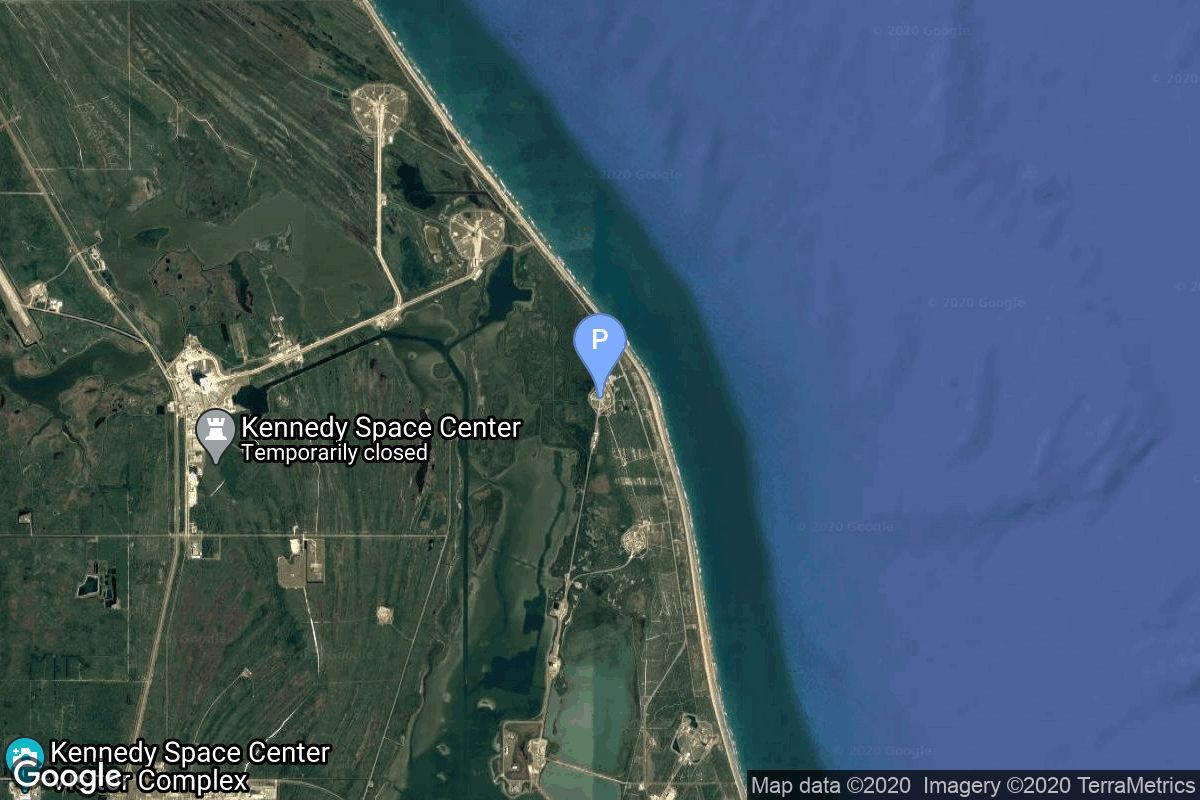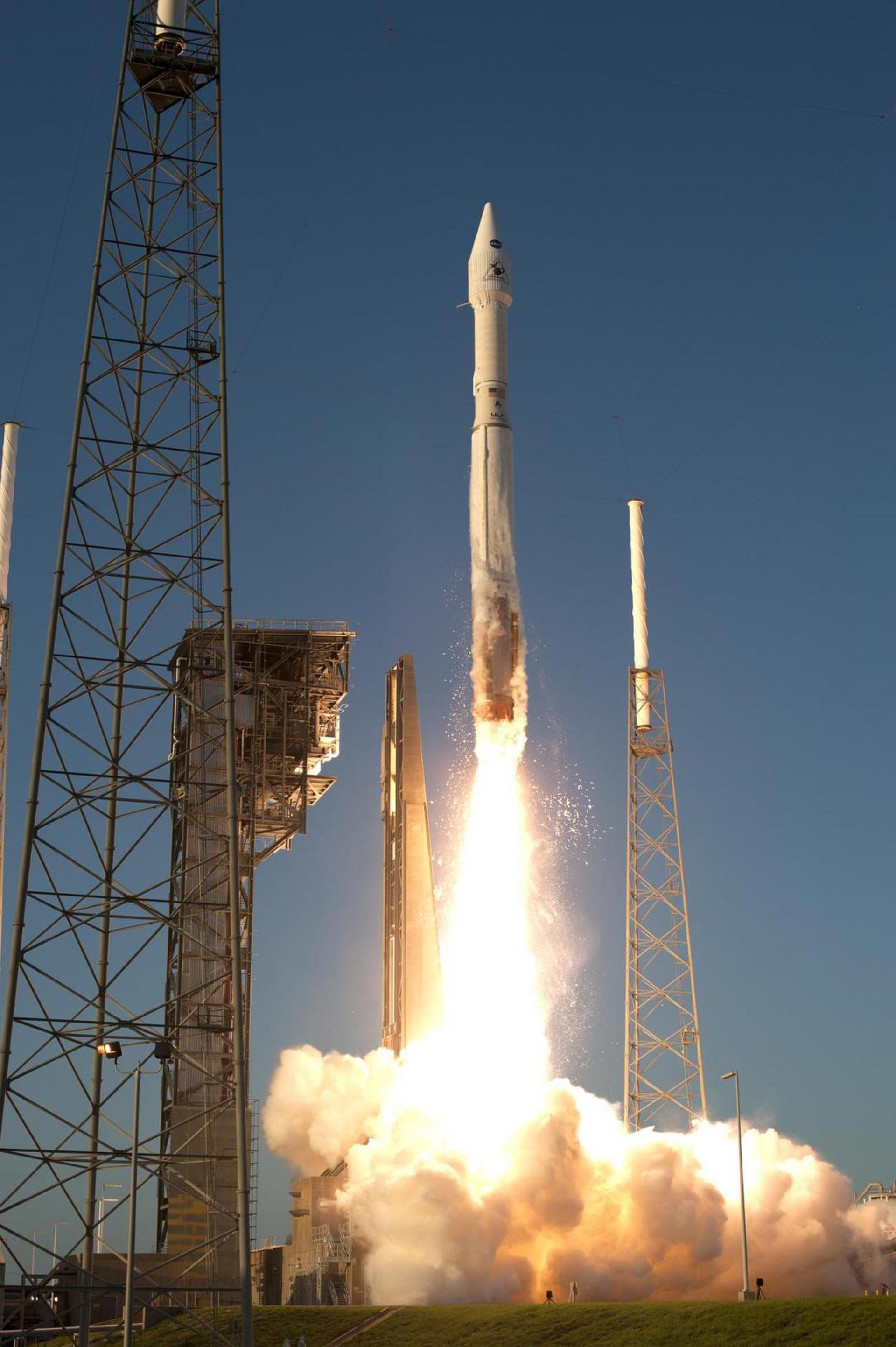Solar Orbiter
Atlas V 411
United Launch Alliance
Weather Forecast During Launch
According to weather officials, there’s a 90% chance of favorable weather conditions at the time of the launch.
Mission
Solar Orbiter
- Type: Heliophysics
- Orbit: Heliocentric N/A
- Launch Cost: $115,000,000
Solar Orbiter is a joint ESA/NASA mission dedicated to solar and heliospheric physics. It will be used to examine how the Sun creates and controls the heliosphere, the vast bubble of charged particles blown by the solar wind into the interstellar medium. The spacecraft will combine in situ and remote sensing observations to gain new information about the solar wind, the heliospheric magnetic field, solar energetic particles, transient interplanetary disturbances and the Sun’s magnetic field.
Instruments include:
* Solar Wind Analyser (SWA)
* Energetic Particle Detector (EPD)
* Magnetometer (MAG)
* Radio and Plasma Wave analyser (RPW)
* Polarimetric and Helioseismic Imager (PHI)
* Extreme Ultraviolet Imager (EUI)
* Spectral Imaging of the Coronal Environment (SPICE)
* Spectrometer Telescope for Imaging X-rays (STIX)
* Coronagraph (Metis)
While mission is not intended to get as close to the Sun as Parker Solar Probe, it’s designed to coordinate observations and has different set of instruments. Main mission starts after one and only Earth flyby in November 2021, and lasts until Dec 2026 when it enters extended phase. During the mission, Solar Orbiter will get through numerous Venus gravity assists, and its trajectory will be highly inclined allowing direct observations of Sun’s poles.
Location
Rocket
Agency
United Launch Alliance
United Launch Alliance (ULA) is a joint venture of Lockheed Martin Space Systems and Boeing Defense, Space & Security. ULA was formed in December 2006 by combining the teams at these companies which provide spacecraft launch services to the government of the United States. ULA launches from both coasts of the US. They launch their Atlas V vehicle from LC-41 in Cape Canaveral and LC-3E at Vandeberg. Their Delta IV launches from LC-37 at Cape Canaveral and LC-6 at Vandenberg.


